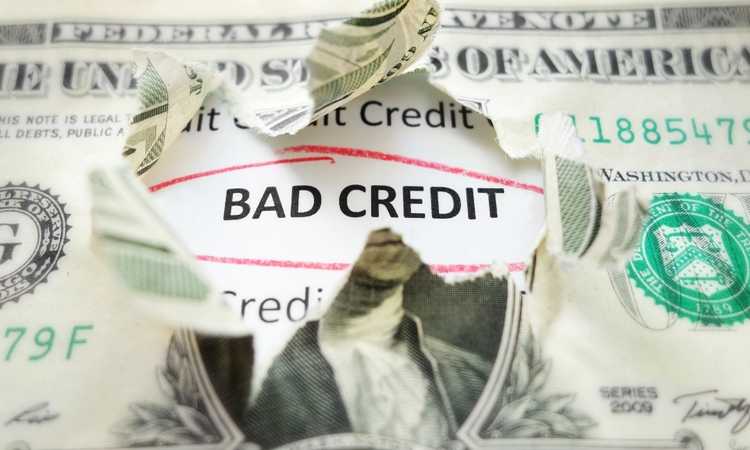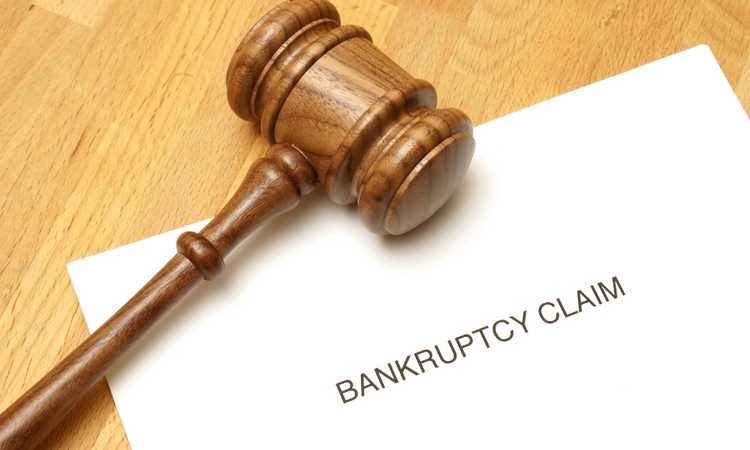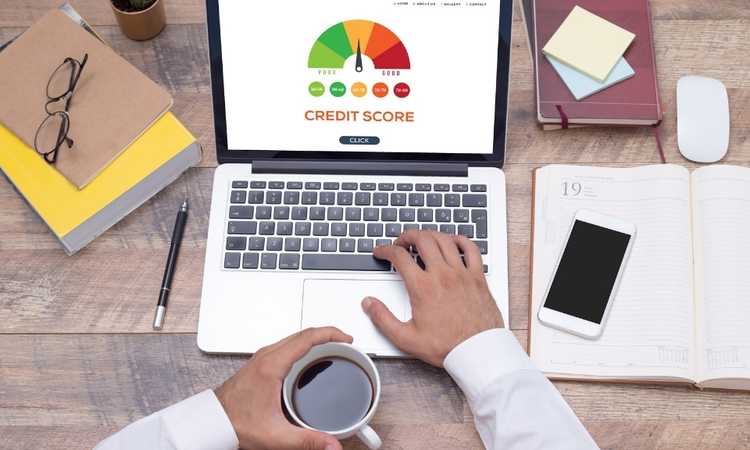Are you wondering how bankruptcy could affect your credit score? No one plans to file for bankruptcy. But sometimes life throws you a curveball and before you know it, you’re in over your head. If you’re considering Chapter 7 or Chapter 13 bankruptcy, one of your biggest concerns is likely how it will affect your credit score. Here’s what you need to know.
Does Bankruptcy Destroy Your Credit Score?
The impact of bankruptcy on your credit score depends on a number of factors, including the type of bankruptcy you file and the state you live in.
In general, however, filing for bankruptcy will have a negative impact on your credit score. This is because bankruptcy is considered a major financial event, and it will stay on your credit report for up to 10 years.
Additionally, lenders may be hesitant to give you new lines of credit after you’ve filed for bankruptcy.
However, it’s important to remember that bankruptcy is not the end of the world. You can still rebuild your credit by making on-time payments and maintaining a good financial history. And although it may take some time, eventually you can get back on track financially.
Should I file for bankruptcy?

Filing for bankruptcy is a difficult decision to make. It can have a major impact on your finances and your credit rating, and it should not be taken lightly.
However, in some cases, filing for bankruptcy may be the best option. If you are struggling to pay off debts and you do not see a way to get out of the hole, bankruptcy may give you a fresh start. It can allow you to get rid of some or all of your debts, and it can give you a chance to rebuild your credit.
If you are considering bankruptcy, it is important to speak with an experienced attorney who can help you understand the process and decide if it is right for you.
Read This: How To Choose A Good Credit Counseling Organization
What is a credit score and why is it important
A credit score is a three-digit number that represents your creditworthiness. It is used by lenders to determine whether you are a good candidate for a loan, and it can also affect the interest rate you are offered.
A high credit score means you are a low-risk borrower, while a low credit score indicates you are a high-risk borrower.
There are many different factors that go into determining your credit score, but the most important factor is your payment history.
This includes whether you have made all of your payments on time, and how long it has been since you missed a payment.
Other factors that affect your credit score include the types of credit you have (revolving, installment, etc.), the amount of debt you have, and the length of your credit history.
While there are many different factors that influence your credit score, making on-time payments is the best way to improve your score.

How does bankruptcy affect your credit score
If you’re considering filing for bankruptcy, you may be wondering how it will affect your credit score. The short answer is that it will have a negative impact, but the extent of the damage depends on several factors.
First, bankruptcy will stay on your credit report for seven to ten years, depending on the type of bankruptcy you file. This will make it difficult to obtain new lines of credit during that time.
Additionally, your credit score will take a hit as soon as you file for bankruptcy. The exact amount varies, but you can expect your score to drop by at least 100 points.
However, if you have a strong credit history leading up to your bankruptcy, the impact may not be as severe.
Bankruptcy is also more damaging to your score if you have multiple bankruptcies on your record.
In short, while bankruptcy will definitely damage your credit score, the exact extent of the damage depends on your individual situation.
Read This: What are lenders looking for when you apply for a loan?
How can you rebuild your credit score after bankruptcy
After bankruptcy, your credit score takes a hit. It can be hard to get approved for loans or lines of credit and you may end up paying higher interest rates if you are approved.
However, there are steps you can take to begin rebuilding your credit score. You can start by using a secured credit card. This is a credit card that is backed by a deposit you make. You will need to make regular payments on time in order to improve your score.
You should also try to keep your credit utilization low, which means not using more than 30% of your available credit.
Additionally, you can add positive information to your credit report by becoming an authorized user on someone else’s account.
By following these steps, you can slowly but surely begin to improve your credit score after bankruptcy.
What are some steps you can take to improve your credit score after bankruptcy
Having a good credit score is important for many reasons. A high credit score can help you qualify for loans and credit cards with lower interest rates, which can save you money over time. A good credit score can also help you rent an apartment or get a job.
There are a number of things you can do to improve your credit score. One is to make sure that you pay your bills on time. Late payments can stay on your credit report for seven years, so it’s important to be diligent about making your payments on time.
Another way to improve your credit score is to keep your credit card balances low. Maxing out your credit cards can hurt your score, so it’s best to keep your balances below 30% of your total credit limit.
Finally, you can also improve your credit score by maintaining a good mix of different types of debt, such as revolving debt (e.g., credit cards) and installment debt (e.g., auto loans).
Having a mix of debt shows lenders that you’re a responsible borrower and can help improve your credit score.
Read This: The Best Guide to Credit Repair After Bankruptcy

What are some of the benefits of having a good credit score
A good credit score can give you a lot of financial advantages. For starters, it can help you get approved for loans and credit cards. It can also help you get lower interest rates, which can save you a lot of money over time.
Additionally, a good credit score can help you rent an apartment or buy a house. And, if you ever need to file for bankruptcy, a good credit score will make it much easier to get back on your feet afterwards.
In short, there are many good reasons to make sure your credit score is as high as possible. By taking steps to improve your credit score, you can open up a world of financial opportunities.
How can you protect your credit score from harm
Your credit score is an important number that lenders look at when considering you for a loan or credit card. A high credit score means you’re a low-risk borrower, which could lead to a lower interest rate on your loan. A low credit score could lead to a higher interest rate and could mean you won’t be approved for the loan at all.
There are a few things you can do to protect your credit score from harm. First, make sure you make all of your payments on time. This includes your utility bills, rent, and any other debts you may have.
Second, keep your credit utilization low. This means don’t max out your credit cards or take out loans you can’t afford.
Third, review your credit report regularly for errors. If you find an error, dispute it with the credit bureau. By following these simple steps, you can protect your credit score from harm.
If you’re considering bankruptcy, know that it will have a negative impact on your credit score and make it difficult to get approve for new loans or lines of credit. But, with time and financial responsibility, you can improve your credit score after bankruptcy.

Erika Finn, founder of Credit Help, is an attorney who graduated from law school (JD) at University of California, Berkeley and is a member of the California Bar Association. She was a member and editor of the California Law Review and won the Prosser Prize for Legal Accounting. She holds a Master’s Degree (MFA) from the University of Southern California (USC) and a Bachelor’s degree (BA) from Indiana University- Bloomington with highest distinction.
Credit Help believes that everyone should have access to helpful, free information about how to raise their credit rating.
Articles on Credit Help are not legal advice or financial advice.